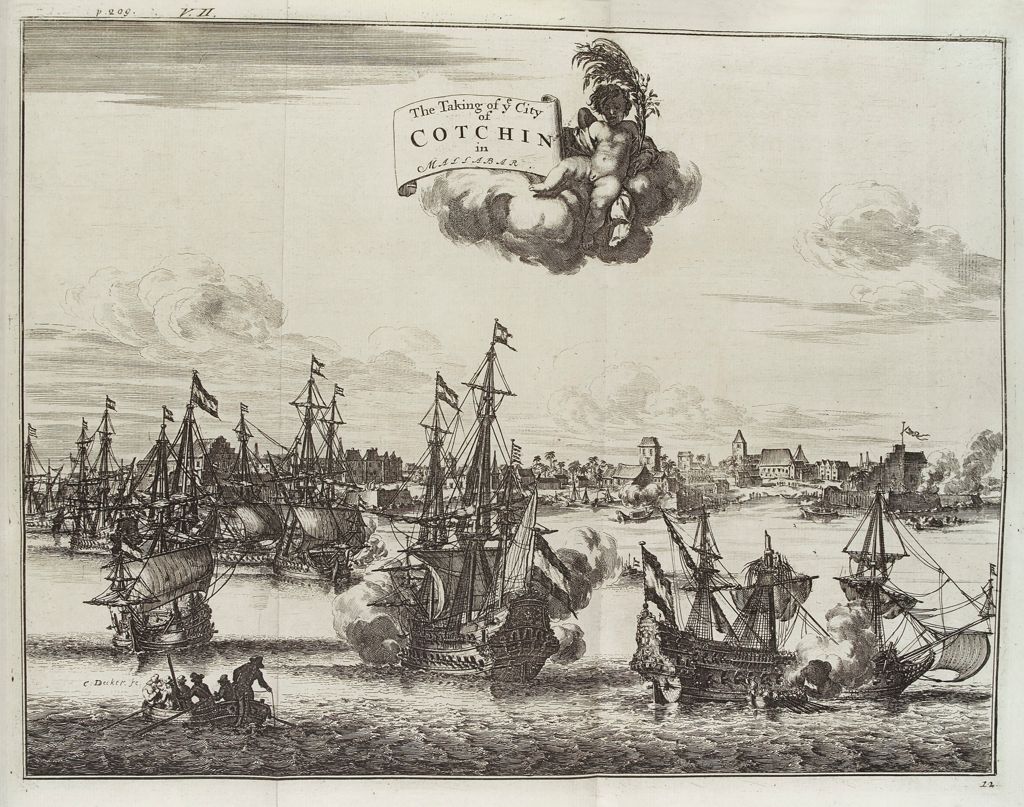Ocean Gyres and Historic Currents: Interpreting an Expanding World through Romance in Early Modern England
Mikhaila Redovian
English
UC Davis
My dissertation project draws together three primary conversations to investigate how the romance genre was used to describe and process anxieties surrounding an economic system built increasingly on highly dangerous ocean voyages. Economic historians have noted the dramatic economic shifts occurring in England during the Jacobean period, the most prominent of which was the transition from the then-familiar state-monopoly system to a more democratic system consisting of individual investors and adventurers. This economic destabilization responded to the growing knowledge systems that enabled long-haul sea travel, and literary authors played a key role in shaping public perception of these changes. Drawing on travel narratives as well as literary works, I show how 17th-century narratives relied on literary tropes to describe dangerous ocean journeys as ultimately worthwhile. Since many English citizens primarily experienced ocean journeys and far-off lands through literature, I argue that the continued reliance on romance tropes when describing oceanic journeys was crucial to fostering the attitude of adventure necessary to build an economic system built on ocean voyaging.
Learn more about Mikhaila Redovian’s work as a Climate Literary Scholar.
Image credit: Scene showing the taking of Cotchin in Mallabar by the Dutch East India Company (ArtStor Wellcome Collection).

